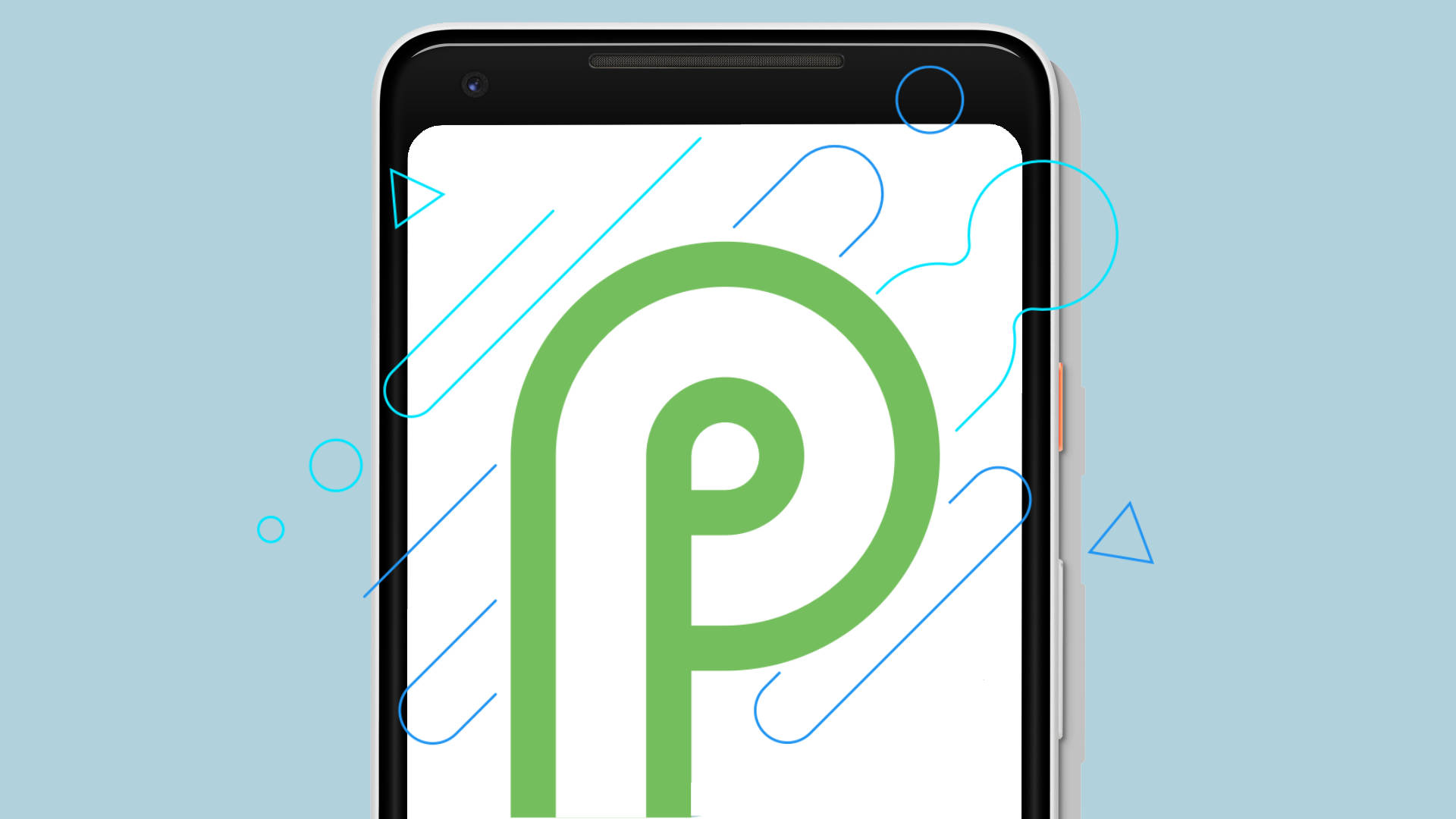Android P will be the most secure version yet
Google has imbued its latest Android build with tighter protection than ever

Google has officially taken the wraps off Android P, showing off its latest mobile software build to the world at Android I/O 2018.
Boasting a number of AI-enabled improvements, including boosted battery life, and an all-new navigational design, Android P looks to be Google's smartest release to date.
But the platform is also notable for the security protections Google has included within, ensuring that users stay safe whilst on their devices - here's a rundown of just what makes Android P the most secure build yet.
- Check out all the news from Google I/O 2018 here
Privacy
The way technology companies and services harvest and utilise user's data has made headlines around the world in recent months for all the wrong reasons, and Google has looked to address that in Android P.
The new release includes a major change as to how Android monitors apps running in the background, and the data they can gather on users. For the first time Android P stops apps from gathering information on users when they are idle, including the likes of location, and network status, as well as access to the camera or microphone.
These rules will apply even if the user has given permission for the app to do so when first installing the app, and should help cut down on apps spying on Android users without their consent.

Google is also ensuring that any apps that want to use such data gathering options will need to demonstrate they are doing so with an icon in the notifications bar.
Are you a pro? Subscribe to our newsletter
Sign up to the TechRadar Pro newsletter to get all the top news, opinion, features and guidance your business needs to succeed!
Elsewhere, Google has also introduced a change in how data from Android devices being sent to the Google Cloud is being encrypted.
Until now, all data had been encrypted by Google in a way that means that the company can still access it. However with the release of Android P, the encryption will come with extra protection, introducing HTTPS encrypted connections for all apps as a default, with apps needing to actively opt out of this.
Android P will also require users to enter their passcode at the lock screen when restoring a backup from Google Drive or other cloud service. Access will be blocked unless this is possible, as Google says this adds even further protection.
- Here's our list of the best SIM only deals in May 2018

Mike Moore is Deputy Editor at TechRadar Pro. He has worked as a B2B and B2C tech journalist for nearly a decade, including at one of the UK's leading national newspapers and fellow Future title ITProPortal, and when he's not keeping track of all the latest enterprise and workplace trends, can most likely be found watching, following or taking part in some kind of sport.